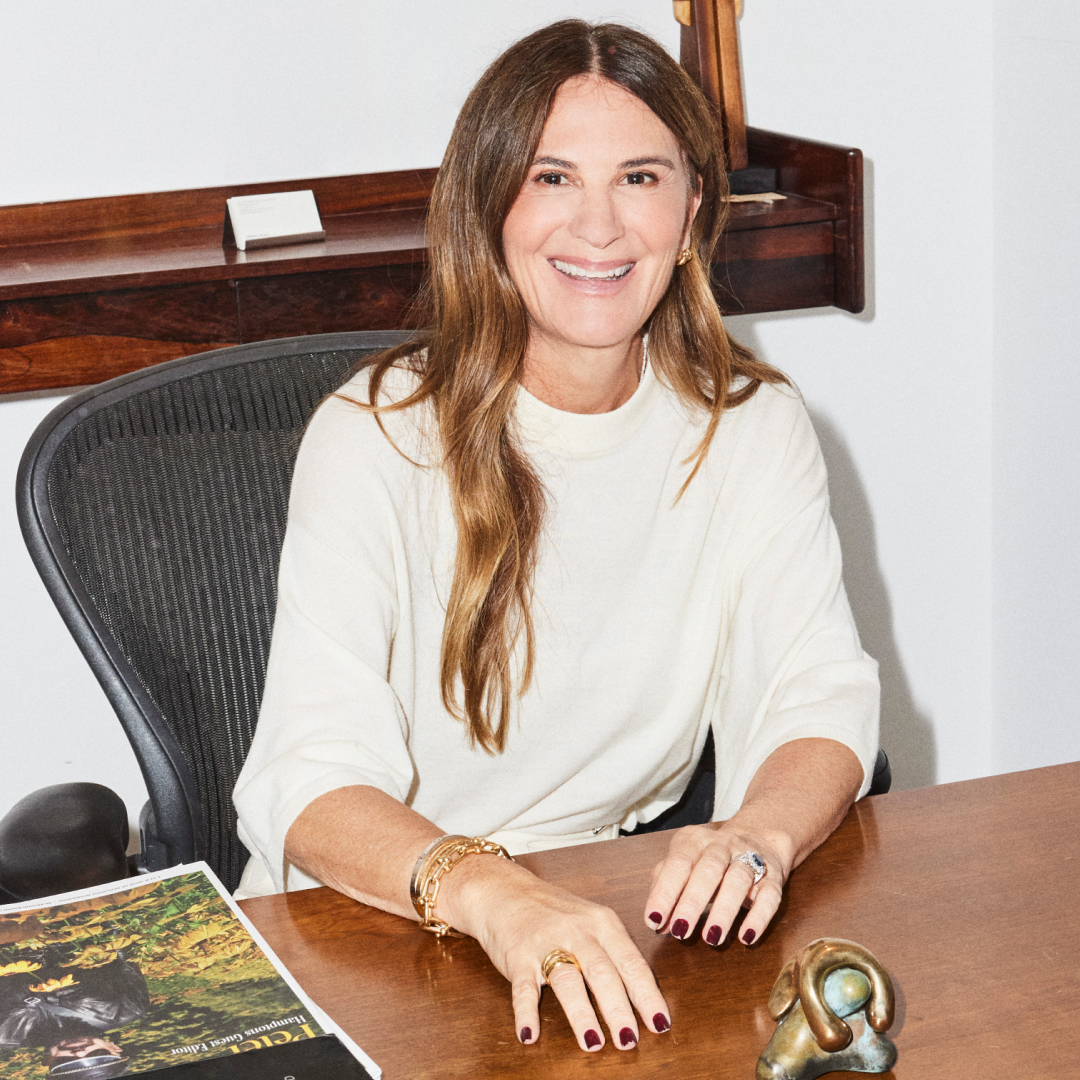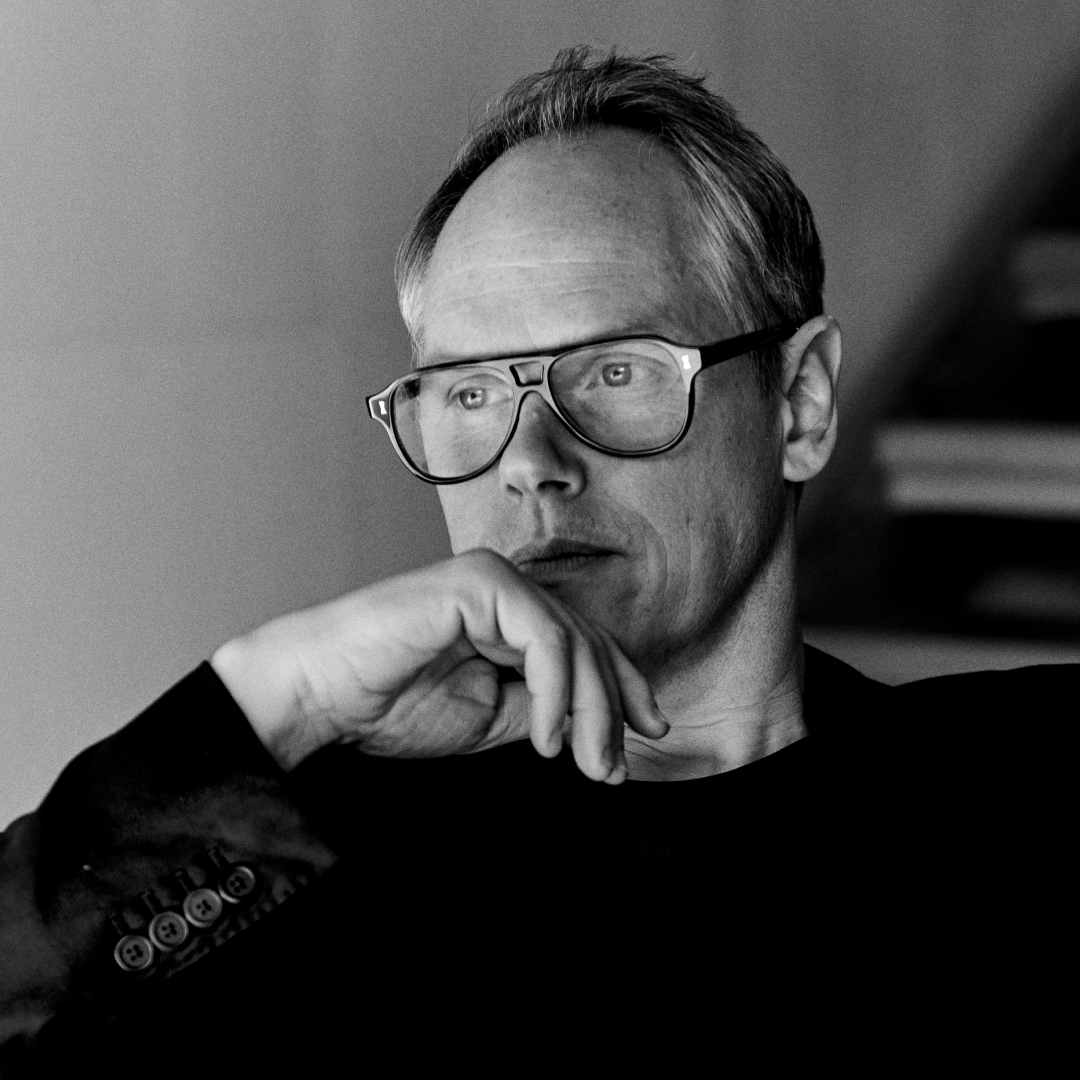Show Notes
Summary
Gordon von Steiner is a force of youthful creativity and talent in the world of fashion film. In this episode, Christopher Michael sits down with von Steiner to discuss how the recent Grammy nominee—for directing Troye Sivan’s showstopping music video “Rush”—honed his passions into a creative practice from a young age and evolved as an artist in tandem with changes to the fashion, art, and culture industries. Raised in Toronto on cinema classics by filmmakers such as David Lynch, Pedro Almodóvar, and Woody Allen, von Steiner moved to New York to attend NYU’s prestigious Tisch School of the Arts. After an internship with GQ, he spoke to a friend at the artist agency Art & Commerce to seek advice on what to do next. It was through that conversation that he ultimately found a champion for his work in legendary photographer Steven Meisel, who catapulted his innovative work in fashion film at a critical cultural moment onto platforms like Vogue and W Magazine. He discusses what it’s like to fulfill your childhood dreams: For him, it’s been fueled more by excitement than intimidation, finding validation in the process of coming up with concepts, carrying them out to completion with friends and collaborators, and resonating with audiences who admire the emotional appeal of his visual storytelling.
Episode Highlights
- Early cultural experiences: von Steiner knew from an early age that he would pursue cinematography and remembers the childhood joy of visiting the Toronto Film Festival yearly to watch new releases like Punch-Drunk Love and Lost in Translation.
- Diversity for creativity: Though von Steiner counts filmmakers like Pedro Almodóvar, Woody Allen, and David Lynch among his early inspirations, it was the variety and cross-genre nature of his interests that inspired him to make films for himself.
- Cross-genre performing arts: “More than anything else, there’s a signature style of movement to my work,” von Steiner says. “That’s something I’ve subconsciously developed over the years, often through dance.”
- “A rewarding filmmaking experience”: von Steiner’s most recent success is a Grammy nomination for his direction of the music video “Rush” for Troye Sivan, an affirming project that merged a passion for telling queer stories with his talent for fashion film.
- A healthy relationship to work: Hands-on experiences at GQ and Vogue were fun and high responsibility; he felt comfortable with his creativity at a moment when the film industry was changing rapidly to cater to the evolution of social media platforms.
- “This is the future”: Industry greats like (“What’s Contemporary Now” guest) Nick Knight inspired von Steiner to channel his experimental thinking into new aesthetic mediums, using Vine for Vogue, for instance, or working at a time when cultural momentum shifted from YouTube to Instagram, longform films to shorter video clips.
- A big break: von Steiner found a champion of his work in acclaimed fashion photographer Steven Meisel around the same time he started working with Vogue. He speaks of the critical importance of having a mentor who believes in you to support your efforts.
- The validation is in the work itself: In crafting a trilogy of videos for Sivan, von Steiner says “the joy and the pleasure of coming up with an idea,” along with working with friends to create something emotionally evocative and lasting, is something that can be seen and felt in the final product.
- Short attention spans: von Steiner notes that being unaware of how people are receiving your film is a huge risk. Playing to the medium (usually of videos viewed from phones) is essential to keep in mind.
- Outside of social media: He tries to step away from social media and engage with film, books, and theater to keep his mind alive to find new inspiration.
- An experimental genre: von Steiner considers fashion film a singular genre in that it allows the storyteller to forgo narrative, permitting “a little bit of magic in the work.”
- He maintains the use of still photography in the art and fashion world even as filmmaking—and shorter and shorter films—become the norm.
- On the double-edged sword of AI: von Steiner calls AI both “a huge catalyst” for creativity and “a huge issue” in terms of job disruption and a fine, dissolving line between original and AI-produced content.
- “Audiences are very savvy”: He gives credit to audiences with a hunger for newness and things that stand out as genuinely creative and connective; he notes that audiences are attuned to originality and deepness.
Notable Quotes:
- “From an early-on age—not in any peculiar way, but just in a clear-eyed way—I saw where I wanted my future to go and how I wanted to spend my time. I think there’s a lot of figuring out in most people’s life of what they want to do, and I knew that from an early age that that’s what I could be in that space, working a film—that that would be an incredible life.” —Gordon
- “There’s no better way to learn about filmmaking than watching these classic and incredible filmmakers at their craft.” —Gordon
- “To be able to shift genres and to be able to tell stories in different ways and to not be pigeonholed into one specific style of filmmaking or that this director can only do this—I find that really inspiring if you’re able to do it successfully, which I think is a real challenge.” —Gordon
- “I like to have a sense of humor. A lot of the work in fashion can get really serious really quickly. If you’re able to have that wink to the audience to let them know that something can be fierce and funny at the same time can be fantastic. If you can make the viewer smile and then you’ve also done something really successful.” —Gordon
- “It was like being thrown into this master class of taste and art. I had to step up my game of filmmaking and really push myself, not so much from the pressure of the brands but more out of this opportunity that Steven Meisel had given me. I had someone who believed in me, someone who I really respected, and I really didn’t want to let him down.” —Gordon
- “It was this amazing, serendipitous moment in my life where I had a mentor, the person who’s really the top of the industry, who saw something in me and allowed me to experiment and try different things. It was one of the most incredible times in my life.” —Gordon
- “I really felt that this is where I was supposed to be, and this is what I love to do. And here I was; this is my dream as a kid. And if I’m not enjoying this, I’m not giving this everything, then something’s wrong. So I felt the pressure, but I definitely was also enjoying myself, and I wasn’t living in fear that I would mess up.” —Gordon
- “Where I find the most validation is in the filmmaking itself and the process.” —Gordon
- “You can make something amazing. But if you don’t grab someone’s attention, they’re not going to watch it. So it shouldn’t dictate the filmmaking, but I think being aware of how to play to an audience that’s viewing most of your work on your phone is really important.” —Gordon
- “Storytelling in any of your work, whether it’s in the fashion industry or not, is really vital to capturing an audience’s attention. And I think one of the beauties of fashion film is that you can create a world and a fantasy which requires no explanation. There’s no exposition that needs to happen. You can create something completely wild and out of this world.” —Gordon
- On what’s contemporary now: “Finding that combination between creativity, originality, and actually creating connection with the work is what breaks through the mold today.” —Gordon













































































